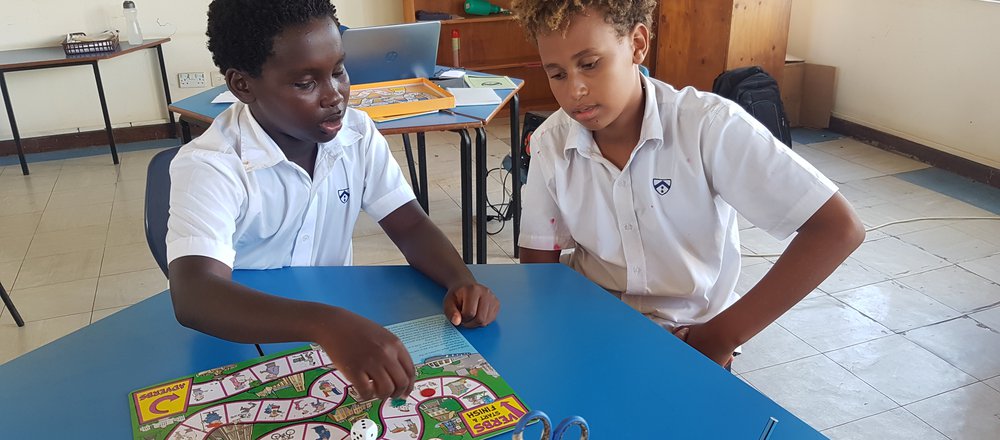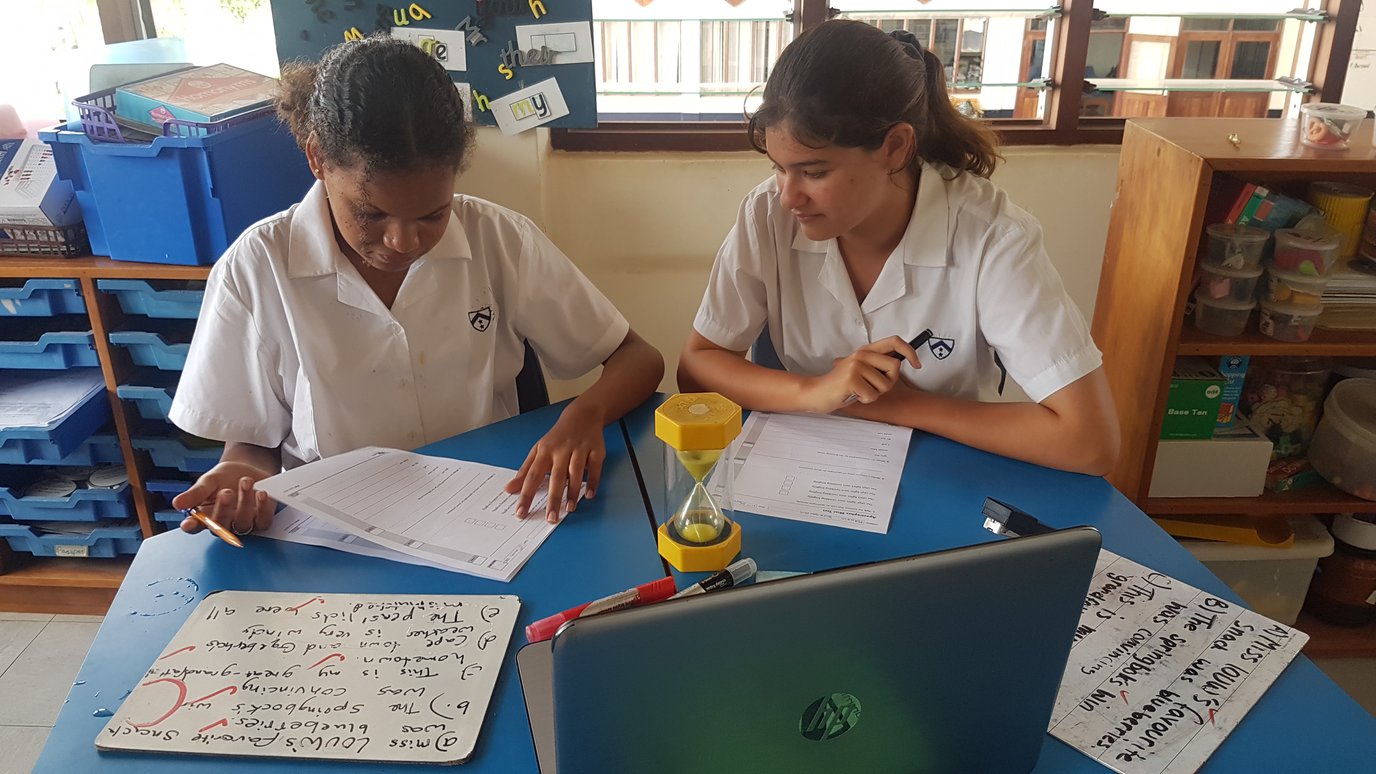Self-regulation – it is more than just the content

31st March 2023
The American Psychological Association (APA) defines self-regulation as “the control of one’s behavior through self-monitoring, self-evaluation, and self-reinforcement.” In the BMIS context, in learning support, we have redefined it to simply mean - the ability to detect and correct one's own learning behavior and mistakes. Developing this vital soft skill is a safe and sure pathway designed to help learners improve learning, become confident and responsible learners who enjoy success, and eventually progress to reach their potential. This is a sub-skill under the umbrella of metacognition development. As educators, we believe that learning is not only confined to the subject content but also involves the process of acquiring the content.
In learning support, we encourage learners to develop self-talk learning behavior when completing learning tasks. What am I doing? Am I following instructions? Have I followed the modeled examples given? Is my presentation as per the given success criteria? We also support learners to physically detect and highlight their mistakes for eventual correction. Where possible, students evaluate their work using checklists to celebrate success and identify what to work on. These opportunities for reflection enable our learners to attempt to correct their mistakes even before teacher intervention.
As a parent or guardian, make it a motivational habit to encourage your child to go back to his or her learning and go through it. This will empower your child to understand self-learning, own every action and understand the process involved to make progress. A sample of students in learning support was asked to comment on how they practise self-regulation and this is what they had to say:
Denis (Year 7): “First, I do it, then I check my questions if I got all instructions and answers correct. If I get anything wrong, I correct it. I can use a checklist if the teacher gives me.”
Mikaela (Year 9): “By reading and checking again my work to see the mistakes I have done. I then make corrections like spellings and missing punctuation.”
Kevin (Year 7): “I read the questions and check my answers and re-check if I followed instructions and spellings.”
Mr Cornelius Ondieki
Inclusion Leader





